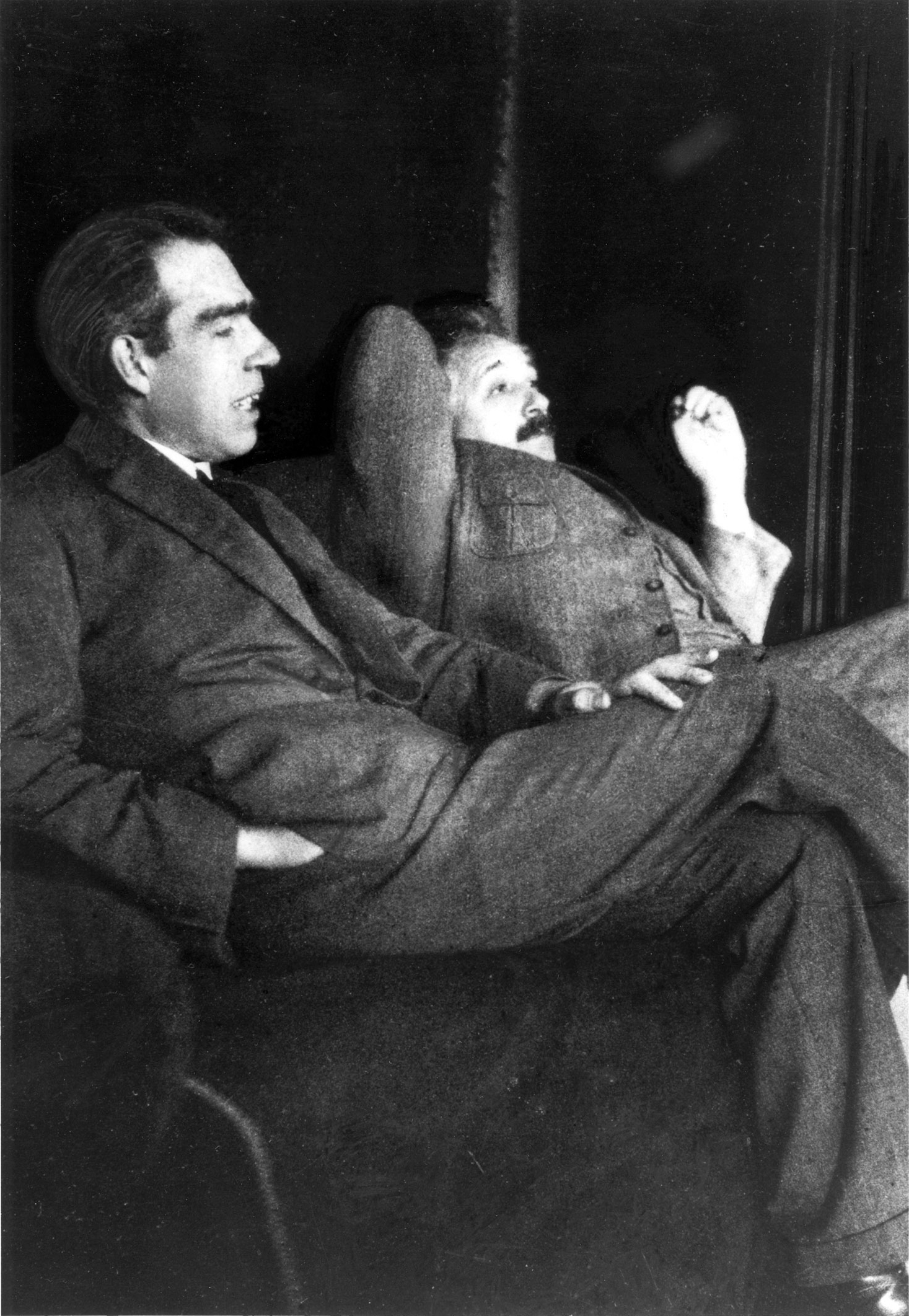
Tony Blair and Christopher Hitchens debate the moral value of religion (Toronto, 2010)
I have some very large generalizations swirling around in my head today. But thinking about the teleological value of ideas and systems of ideas is what I do. As automatically as breathe.
So what is the point of the image above? For me, it is one of many examples I could post to bolster my claim that open debate in which opponents treat each other with respect and often, in the end, agree to disagree, is very profoundly what democracy is about. Both of these men probably went home from this debate unchanged in their views on religion, and this was also probably true of most of the audience. But it was the debate and their right to have it that were the really precious things. The debate required courage, wisdom, freedom, and love - in modest, but real amounts - from both of them. These values of courage, wisdom, freedom, and love - lived and practiced - as permanent fixtures in a culture - keep improving that culture's odds of surviving in this hard, hazardous universe, as my book (posted in daily pieces since mid-April) has tried to make clear. The values of democracy keep the society that lives by them evolving and adapting to the real, harsh universe in which we must, finally, exist.
"I don't agree with what you say, but I will defend to the death your right to say it." (Evelyn Beatrice Hall, but often mis-attributed to Voltaire.)

Cady Stanton and Susan B. Anthony, early suffragettes (taken about 1870)
(These two had a falling out in mid-life, but later became friends again.)
One of the criticisms I sometimes get from people who have read my thoughts on moral realism is that my system/philosophy leaves what we humans should be doing so open. There are only general guidelines/values that I recommend we use to inform our policies and actions. Specifics daily routines are not specified.
My rejoinder to that very apt criticism is that anxiety and debate and compromise - endless wrangling - is just life. Democracy, i.e. freedom, lets us get on with that wrangling more nimbly and efficiently than any of its competitor systems of governance. But the wrangling itself? As vital to democracy as oxygen is to all animal life.

Niels Bohr and Albert Einstein debating the meaning of quantum theory
You want certainty? The security of always knowing where you stand and what you are supposed to be doing next, right down to the last detail? I reply: "As in which real, historical society?"
All through history, into these times, nations filled with thousands and even millions of diligent, decent people have given the control room of their societies over to someone who promised to deliver the security they so longed for. And a few autocrats have even been able to deliver it. For a while. To the elites they favor. But, oh my. When the deceased monarch's descendants begin to quarrel over who is the true inheritor of Papa's mantle. Or the masses get disillusioned and fed up ...over and over, how do they change a totalitarian regime? Agony. Disaster for those very people who were trying to be so diligent and decent.
Kids want to be fed comforting lies. Adults must learn to get by on, and even learn to enjoy a steady diet of, leaner fare.
But, nevertheless, in the shadow of the mushroom cloud folks, have a nice day.

Bill Nye debating creationism with Ken Ham
No comments:
Post a Comment
What are your thoughts now? Comment and I will reply. I promise.